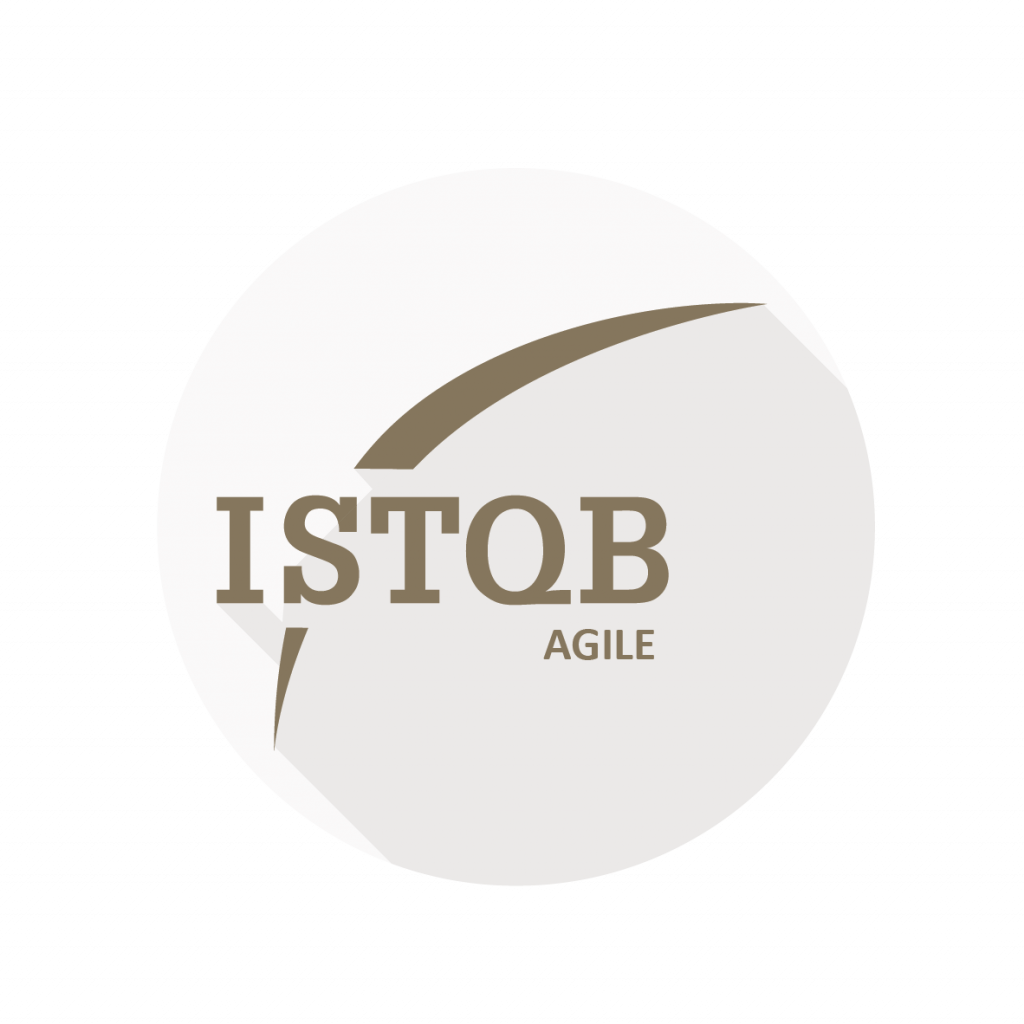Test Manager in agile projects
The role of a Test Manager changes when the development model becomes more agile. We will focus on these changes, and how you can fill this role in agile development.
Learning objectives
You will gain insight into the different directions in which the role of test manager can develop in different organisations, depending on how a given organisation chooses to shift to agile development. In many organisations, development follows a mix of waterfall and agile methods. We will examine how the role can be filled in such a situation.
The course will give you:
- An understanding of how the role changes as an organisation becomes more agile
- An overview of where quality is created in agile development
- Knowledge of how the role can contribute to agile principles
- Knowledge of how planning, oversight, and control can be performed
- Training in agile principles
- An understanding of servant leadership
- Knowledge of how you can develop personally
Target audience
You have worked as a test manager for several years, and preferably also received the ISTQB Advanced Test Manager certification. You are also familiar with agile development and have some experience with Scrum or another agile development model. Having taken the Testing in Agile Projects course is advantageous.
Course format
The course is based on active participant involvement, with lots of exercises, discussions, and sharing of experiences. Expect about 1 hour of preparatory reading before the course. You will receive a preparatory email with articles, etc. about 1 week before the start of the course.
In-house training
If you are more than 5 people from same organisation, it can be beneficial to consider the course as in-house training. We conduct the course exclusively for your employees, either as standard as described or tailored to your needs.
In-house training offers several benefits. It can lead to financial savings when training more than five people. This approach fosters intensive exchange of experiences and encourages knowledge sharing among employees. Additionally, it helps in building a common understanding of the subject matter among the workforce. Furthermore, in-house training provides the opportunity for unique customization based on a company’s specific methods and processes.








